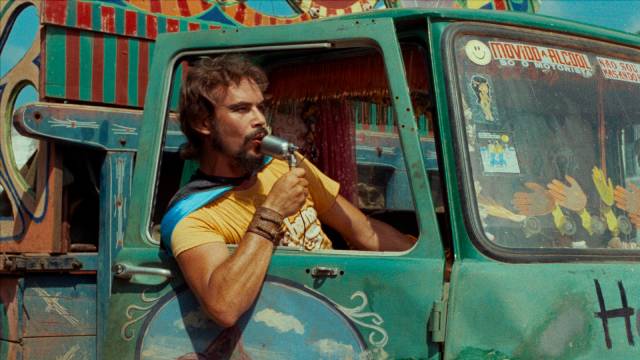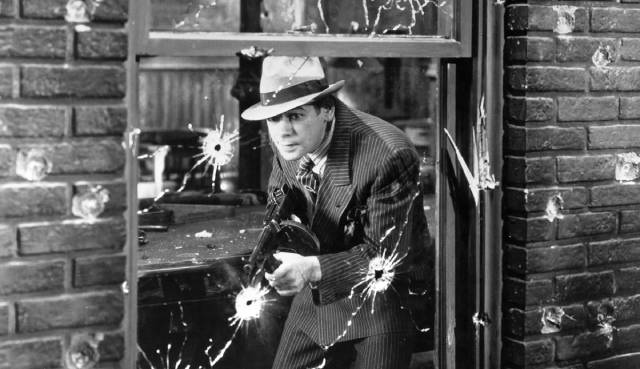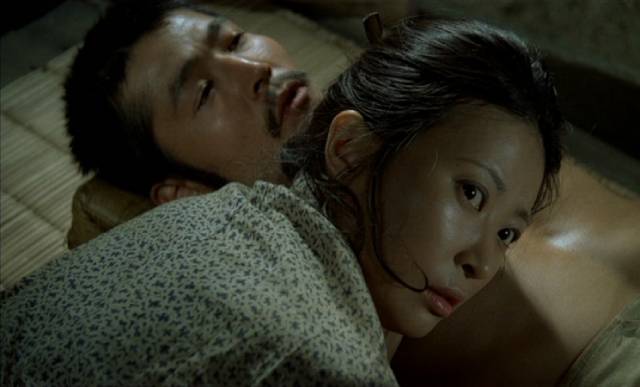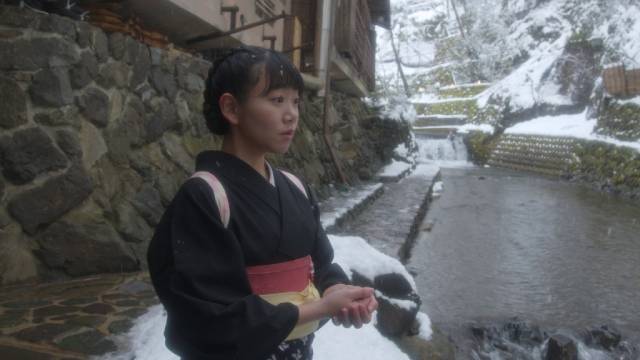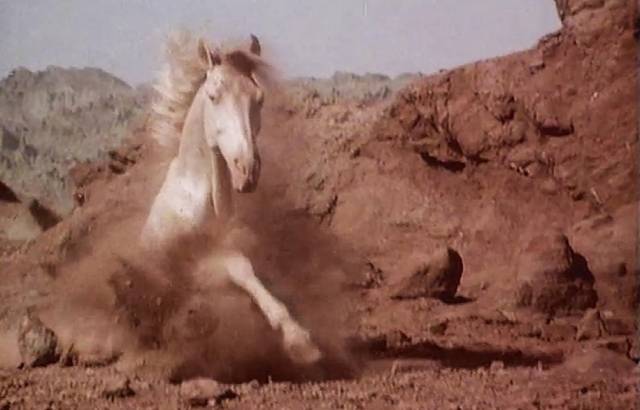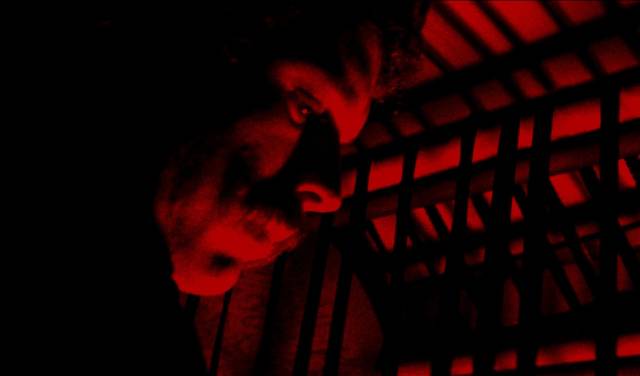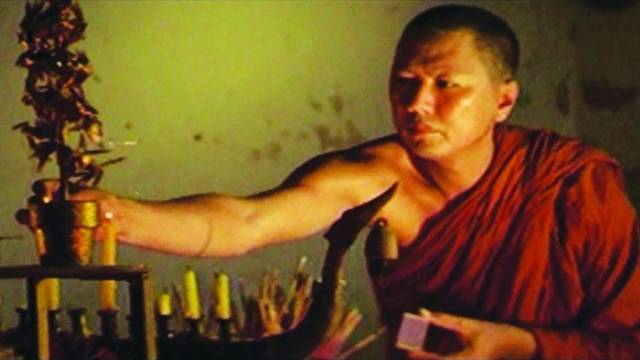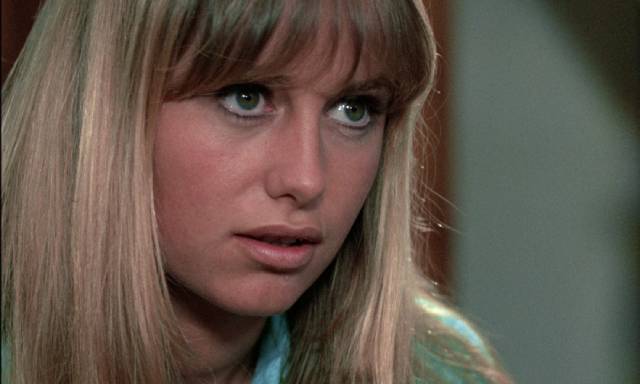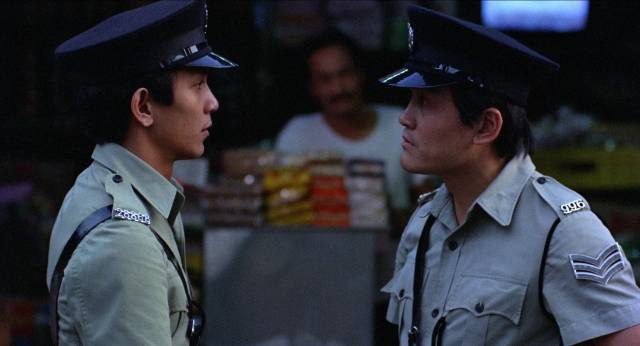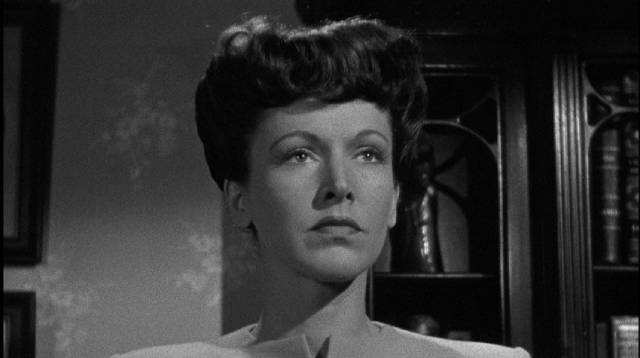
Indicator’s new Columbia Horror box set collects six B-movies from the ’30s and ’40s, only half of which can honestly be called horror – the other three are adventure/crime movies. But all of them provide breezy, atmospheric entertainment, with strong casts (including Boris Karloff, Peter Lorre, Edward Van Sloan, Ralph Bellamy, Rose Hobart, Nina Foch and Fay Wray) and noirish cinematography.
